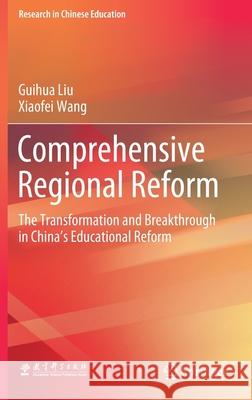Comprehensive Regional Reform: The Transformation and Breakthrough in China's Educational Reform » książka
topmenu
Comprehensive Regional Reform: The Transformation and Breakthrough in China's Educational Reform
ISBN-13: 9789811569135 / Angielski / Twarda / 2020 / 301 str.
Comprehensive Regional Reform: The Transformation and Breakthrough in China's Educational Reform
ISBN-13: 9789811569135 / Angielski / Twarda / 2020 / 301 str.
cena 403,47
(netto: 384,26 VAT: 5%)
Najniższa cena z 30 dni: 385,52
(netto: 384,26 VAT: 5%)
Najniższa cena z 30 dni: 385,52
Termin realizacji zamówienia:
ok. 16-18 dni roboczych.
ok. 16-18 dni roboczych.
Darmowa dostawa!
Kategorie:
Kategorie BISAC:
Wydawca:
Springer
Seria wydawnicza:
Język:
Angielski
ISBN-13:
9789811569135
Rok wydania:
2020
Wydanie:
2020
Numer serii:
001130875
Ilość stron:
301
Waga:
0.62 kg
Wymiary:
23.39 x 15.6 x 1.91
Oprawa:
Twarda
Wolumenów:
01
Dodatkowe informacje:
Wydanie ilustrowane











